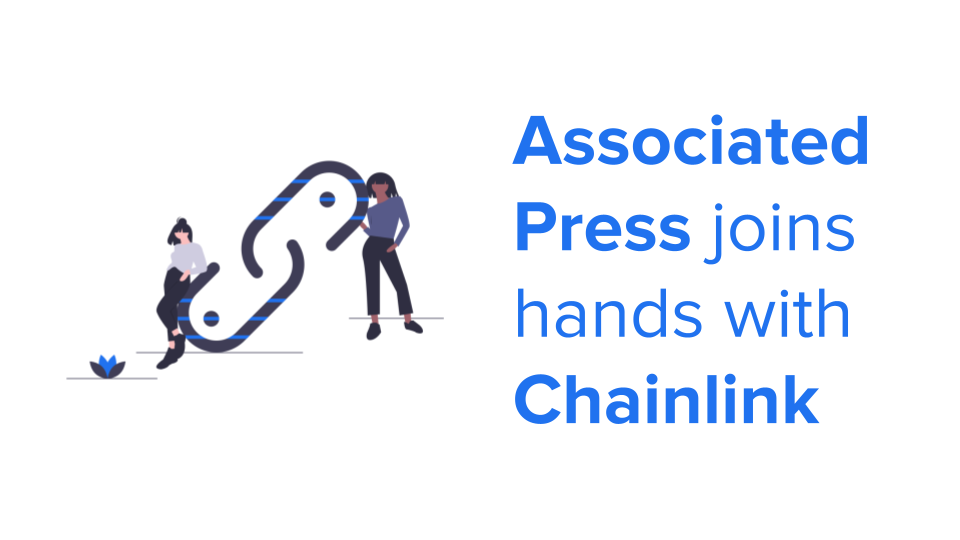The Associated Press or AP is a New York based non profit news agency. It was founded in 1846, and stands out as one of the most trusted and unbiased journalism sources. It is one of the largest and oldest standing agencies internationally. AP has joined hands with Chainlink network to distribute information.
On October 21st, AP announced it will use a Chainlink oracle to automate news distribution. An oracle is a third-party service that connects smart contracts with the outside world, primarily to feed information in from the world, and vice versa.
From November 2, Chainlink will perform on-chain actions such as informing over 15,000 outlets the news as soon as it breaks. The news will be cryptographically signed to verify and confirm that the source is authentic.
How does the Associated Press function?
It is a news cooperative where multiple news outlets collaborate to share resources together. These outlets then mutually decide what to publish. The governing structure of AP is very similar to the base foundation of a DAO. A DAO is a decentralized autonomous organization that does not follow a system of hierarchy, wherein all individuals are equal in terms of authority. They exercise their authority using voting rights.
With these similarities, Dwayne Desaulniers, AP’s director of blockchain and data licensing, said he thinks of AP as the “mother of DAOs.”
How will AP and Chainlink work together?
By partnering up, AP will essentially be able to put its journalism on a blockchain. It is designed to give developers access to its information and database on blockchain based-applications. These datasets will include US political elections, economic data, sports results, and business financials.
Working with Chainlink will also enable the information stored on the network to be compatible with any blockchain. The directors have strategically made this move in favour of the blockchain industry’s progress. Also in offering AP as a solid and reliable source.
Past Experience
AP is no stranger to blockchain technology. During the 2020 US elections, it partnered with the blockchain startup Everipedia to place its national and state race call information on a blockchain.
Furthermore, other large news agencies like Reuters and the New York Times have also explored decentralized networks.


